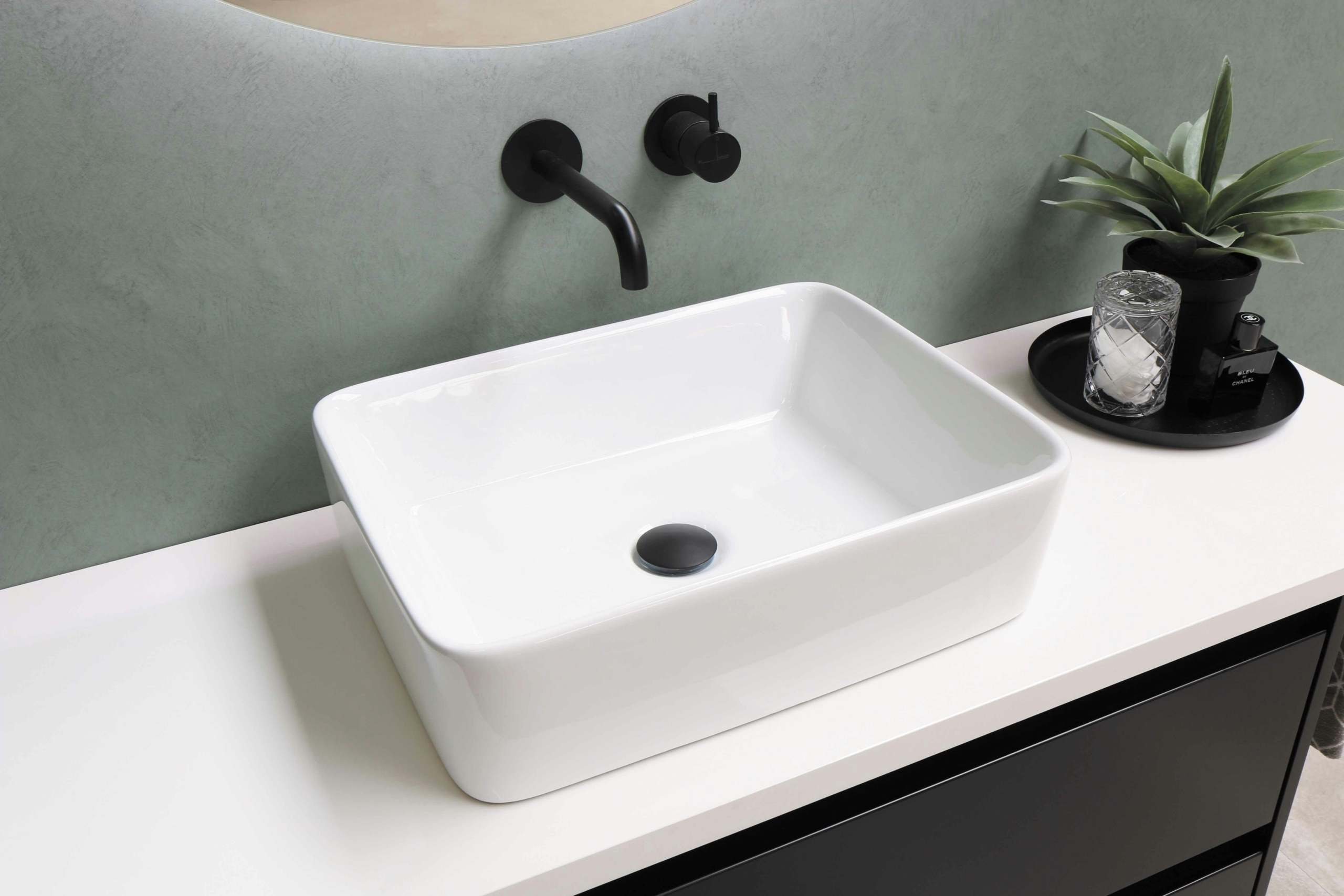
Effective Methods for Cleaning Sinks
Keeping the sink clean is not only important for maintaining good hygiene, it also contributes to a more inviting and comfortable space in your home. In this article, we explore different methods and practical tips to keep your sink in top condition. From basic care to advanced cleaning techniques, we cover everything you need to know to make your sink shine.
Basic sink maintenance
Before diving into the more specific cleaning techniques, let's start with the basics. A well-maintained sink is not only pleasing to the eye, it also reduces the risk of unpleasant smells and harmful bacteria spreading.
Cleaning Materials and Methods for Different Sink Types
The first step in sink care is to know the type of material your sink is made of. Is it stainless steel, porcelain or perhaps composite? Each material requires different types of cleaning agents and methods. For example, while stainless steel can withstand harsher abrasives, porcelain should be treated with more care.
Daily cleaning and maintenance of sinks and taps
Daily cleaning does not have to be extensive. A quick wipe with a damp microfiber cloth can do wonders to prevent limescale and water stains. Make sure you also give some love to the faucet, which can often become a collection point for limescale and dirt.
Washbasin cleaning with household products
You don't always need special products to make your sink shine. In fact, some of the most effective cleaning solutions can be found right in your pantry.
Using Baking Soda and Vinegar for Deep Cleaning
A combination of baking soda and vinegar is an excellent solution for tackling more difficult stains and odors. First sprinkle baking soda over the surface and then gently pour vinegar over. This reaction creates a foaming action that deep cleans and neutralizes bad smells.
Advantages of Microfiber Cloths and Natural Cleaners
Microfiber cloths are not only gentle on all types of surfaces, but they are also effective at capturing dirt and bacteria without spreading them. Natural cleaners, such as lemon and salt, can be a great option for those who prefer eco-friendly solutions.
Managing and Preventing Sink Blockages
A clean sink is more than just the surface. Preventing and managing drain blockages is an important part of sink management.
Step-by-Step Guide to Clearing Sink Drains
Regularly clearing the drain prevents the accumulation of hair, soap residue and other debris. You can use a mixture of hot water, baking soda and vinegar to dissolve minor blockages, or use a plunger for more stubborn problems.
Preventive Tips and Tricks for a Clog-Free Sink
To prevent blockages, avoid pouring food scraps, grease and other large particles down the drain. Use strainers to catch debris and clean them regularly.
Advanced cleaning techniques and choice of materials
Sometimes more than just basic cleaning is required, especially in the case of older or more damaged sinks.
Polishing of Light Scratches and Refreshing of Ceramics
To remove light scratches, you can use a non-abrasive polishing cream. To freshen up ceramic sinks, try a paste made from baking soda and water that you apply and leave on before rinsing.
Selection of cleaning agents for different sink types
When choosing a cleaning agent, be sure to consider the material of your sink. Use mild detergents for delicate surfaces and stronger options for more durable materials like stainless steel.
Professional Solutions for Difficult Problems
Sometimes the sink may require expert care, especially in the case of serious damage or deep-rooted problems.
When and How to Use Expert Services
For complex problems such as deep scratches, cracks or persistent drainage problems, it may be worth consulting a professional. They can offer advanced solutions that are beyond the reach of regular household cleaning.
Understanding the Drainage System in the Sink
A basic understanding of the sink drain system can help you identify problems early and communicate effectively with professional services.
Common mistakes and how to avoid them
Avoiding common cleaning mistakes can save time and protect your sink from damage.
What Not to Do When Cleaning the Sink
Avoid using abrasive scouring powders on sensitive surfaces and avoid pouring aggressive chemicals that can damage the sewage system.
Safe use of cleaning products and tools
Always be careful when using chemicals and make sure to read the instructions carefully. Wear protective gloves and make sure the room is well ventilated.
FAQ - Cleaning the sink
What home products can be used to clean the sink?
Answer: Baking soda, vinegar, lemon and salt are good options.
How often should I clean my sink?
Answer: Daily light cleaning is recommended, with deep cleaning once a week.
How do I remove calcium deposits from the tap?
Answer: Use a solution of vinegar and water, apply with a cloth and leave to work.
What is the best way to prevent sewer blockages?
Answer: Use strainers and avoid pouring in food particles and grease.
Can I use bleach to clean my sink?
Answer: Bleach should be used with caution and only on surfaces that can withstand it.



